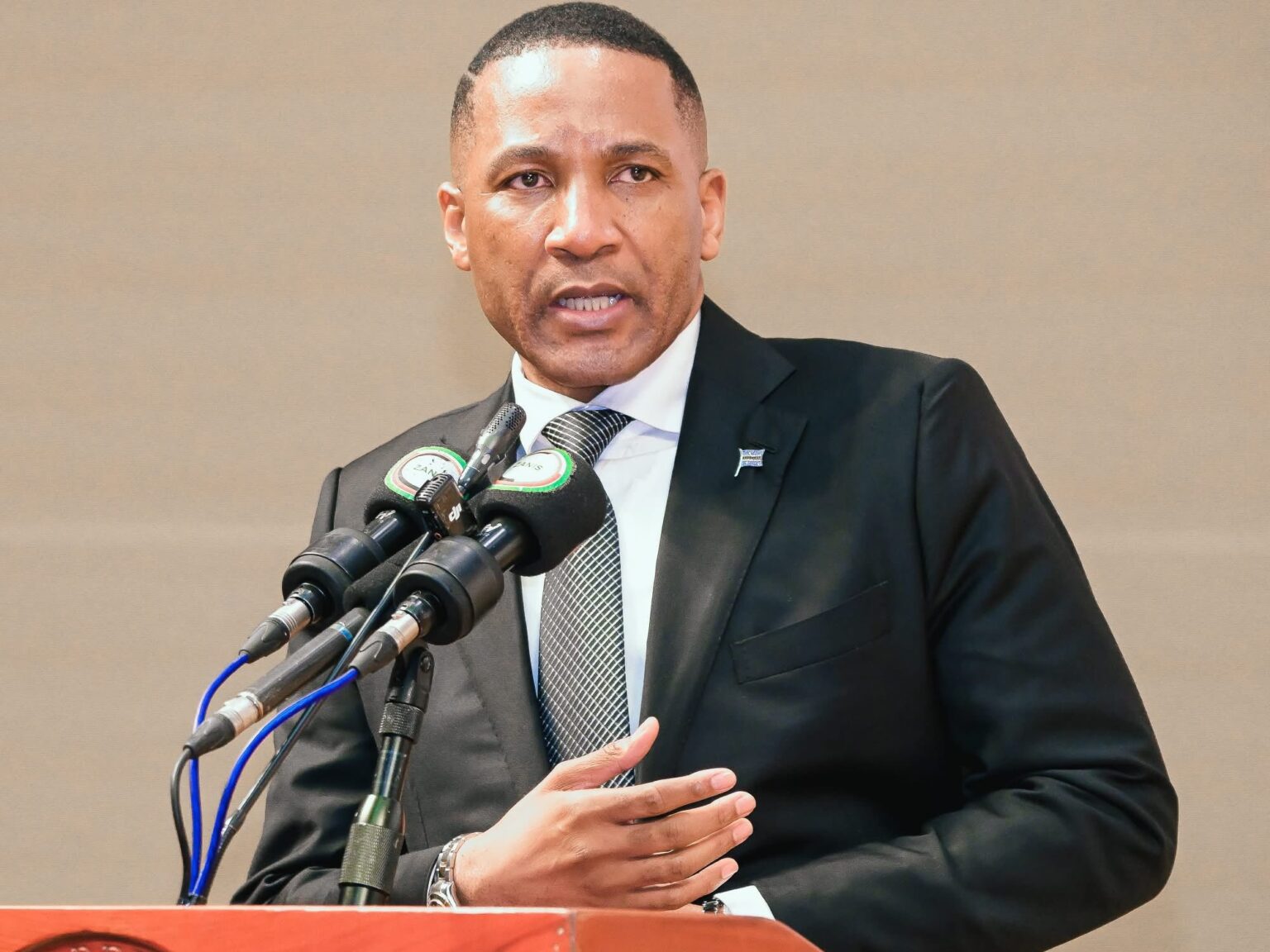President Advocate Duma Boko is set to officially launch the Ecosystem-Based Adaptation and Mitigation in Botswana’s Communal Rangelands project today in Tsabong, marking a significant milestone in the country’s commitment to sustainable land management and climate resilience.
The high-impact initiative is a collaborative effort between the Ministry of Lands and Agriculture and Conservation International, a leading environmental non-governmental organization. The project aims to empower rural communities with the knowledge and tools necessary to conserve communal rangelands and adapt to the effects of climate change.
Project to Cover 104 Villages Across Three Regions
According to Tsabong District Commissioner Mr. Levis Thupa, the project will be implemented in 104 villages spanning the Kgalagadi, Bobirwa, and Ngamiland districts—regions that have been increasingly affected by land degradation, desertification, and climate-related stressors.
“This project is timely and essential. It focuses on both ecological sustainability and rural development. Conservation International will lead training programs that equip farmers with skills for conserving rangelands and restoring degraded land,” said Mr. Thupa in an interview.
Focus on Capacity Building and Community Empowerment
At the heart of the project lies a capacity-building component designed to support local farmers with sustainable grazing practices, rotational livestock systems, and ecosystem restoration techniques. These interventions are expected to not only boost food security but also reduce carbon emissions and improve biodiversity.
By promoting climate-smart agriculture and community-driven planning, the initiative seeks to enhance the resilience of both people and ecosystems, particularly in vulnerable dryland regions.
Presidential Launch Underscores National Commitment
President Duma Boko’s presence at the launch underscores the national importance of environmental sustainability and rural empowerment. His administration has consistently highlighted climate adaptation and sustainable land use as pillars of long-term development, especially in regions where communities rely heavily on natural resources for their livelihoods.
A Step Forward in Combating Land Degradation
With growing concerns over desertification and overgrazing in Botswana’s communal rangelands, the launch of this project signals a proactive approach to reversing land degradation trends. Through education, collaboration, and sustainable practices, the initiative is expected to set a precedent for future climate and land management programs across the country.
As the program rolls out, communities in Kgalagadi, Bobirwa, and Ngamiland will have the opportunity to become agents of change, protecting their environment while improving their quality of life.










